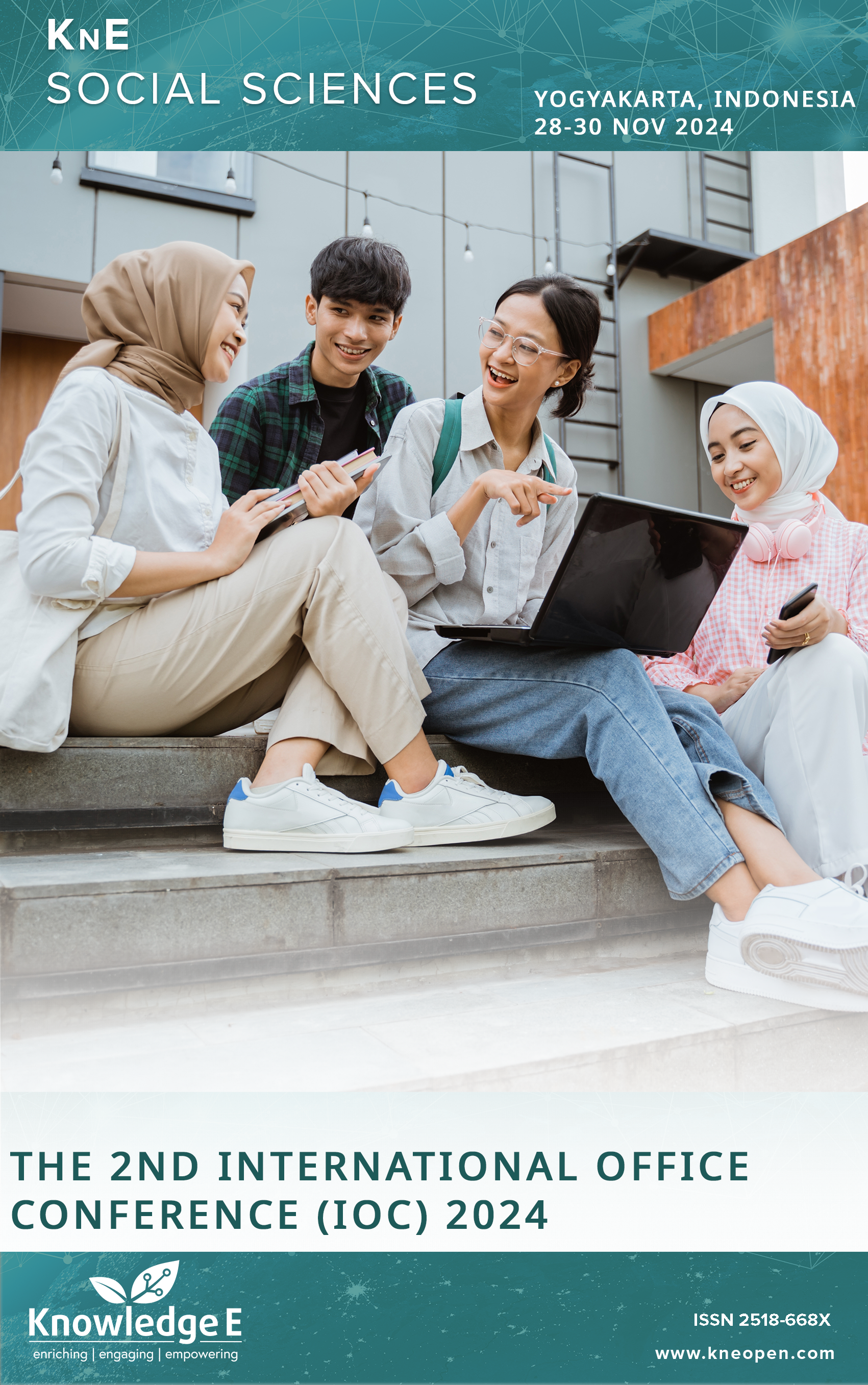Sustaining Erasmus Project Outcomes: Comparing Internal Buy-in and NGO Spin-off Models
DOI:
https://doi.org/10.18502/kss.v10i24.19808Keywords:
erasmus+, exit strategy, sustainability models, buy-in, spin-offAbstract
This paper explores the lessons learned from two distinct sustainability models for post-EU Erasmus projects. The first model focused on an internal buy-in process by leveraging existing organizational structures and resources to sustain project outcomes. The second model involved spinning-off the project by forming a new national NGO dedicated to extending the mission of the EU-funded initiatives. The internal buy-in process demonstrated the importance of early and continuous engagement with key organizational stakeholders. This approach facilitated seamless integration of project outcomes into the organization’s ongoing activities, ensuring sustainability through established channels and resources. Key lessons included the necessity of clear communication, alignment of project goals with organizational priorities, and the cultivation of internal champions to drive the initiative forward. In contrast, the spin-off model highlighted the potential for greater flexibility and innovation by establishing a new entity outside the university. The formation of a national NGO allowed for a focused and dedicated effort to continue the project’s mission, attracting new stakeholders and funding opportunities. This approach underscored the value of strategic partnerships, the ability to adapt to changing environments, and the importance of a clear and compelling vision to garner support. Both models offer valuable insights into the complexities of sustaining project outcomes beyond the initial funding period. The paper concludes with recommendations for future projects, emphasizing the need for a tailored approach that considers each initiative’s unique context and goals.
References
[1] European Movement. (2024). Tens of thousands back Embrace Erasmus campaign as Turing failures get laid bare. The London Economic. Retrieved from https://www.thelondoneconomic.com/news/education/tens-of-thousands-backembrace- erasmus-campaign-as-turing-failures-get-laid-bare-366266/
[2] OLAF. (2023). Investigative activities - OLAF’s investigative performance in 2023. European Commission. Retrieved from https://ec.europa.eu/olafreport/ 2023/investigative-activities/protecting-eu-funds/internationalinvestigations_ en.html
[3] European Parliament. (2023). REPORT on the implementation of the Erasmus+ programme 2021-2027. Retrieved from https://www.europarl.europa.eu/doceo/document/A-9-2023-0413_EN.html
[4] Nogueiro T, Saraiva M, Jorge F, Chaleta E. The Erasmus+ Programme and Sustainable Development Goals—Contribution of Mobility Actions in Higher Education. Sustainability (Basel). 2022;14(3):1628.
[5] Poszytek P. Relational and Networking Character: Threat or Savior for the Sustainability of European Erasmus+ Projects in the Times of COVID-19 Pandemic? Sustainability (Basel). 2021;13(16):9338.
[6] Negi NK, Sohn MW. Sustainability After Project Completion: Evidence from the GEF. Transformational Change for People and the Planet. Springer; 2022. pp. 43–57.
[7] Orieno OH, Ndubuisi NL, Eyo-Udo NL, Ilojianya VI, Biu PW; Omamode Henry Orieno; Ndubuisi Leonard Ndubuisi; Nsisong Louis Eyo-Udo; Valentine Ikenna Ilojianya; Preye Winston Biu. Sustainability in project management: A comprehensive review. World Journal of Advanced Research and Reviews. 2024;21(1):656–77.
[8] Borda JC. Mémoire sur les élections au scrutin. Histoire de l’Académie Royale des Sciences; 1781.
[9] Rothe J. Borda Count in Collective Decision Making: A Summary of Recent Results. Proc Conf AAAI Artif Intell. 2019;33(1):9830–6.
[10] Fox NB, Bruyns B. An Evaluation of Borda Count Variations Using Ranked Choice Voting Data. arXiv 2025; 2501.00618. doi:https://doi.org/10.48550./arXiv.2501.00618. Case Study: Application of the Borda Count System for Collective Decision Making. International Journal of Advanced Scientific Study 2023; 6(8): 4146663565.
[11] Bollaert H, Hautamäki J, Monteiro JC, Podlaski K, O’Reilly D, Simbeck K. (2023). Sustainability in Erasmus+ Projects: StartIT. In Multidimensional Sustainability: Transitions and Convergences (pp. 201–206). Springer. https://doi.org/10.1007/978- 3-031-24892-4_12.
[12] European School Education Platform. (2022). Erasmus+ projects on environmental sustainability: new study report takes the long view. Retrieved from https://schooleducation. ec.europa.eu/en/discover/news/erasmus-projects-environmentalsustainability- new-study-report-takes-long-view
Published
How to Cite
Issue
Section
License
Copyright (c) 2025 Arif Wismadi

This work is licensed under a Creative Commons Attribution 4.0 International License.

